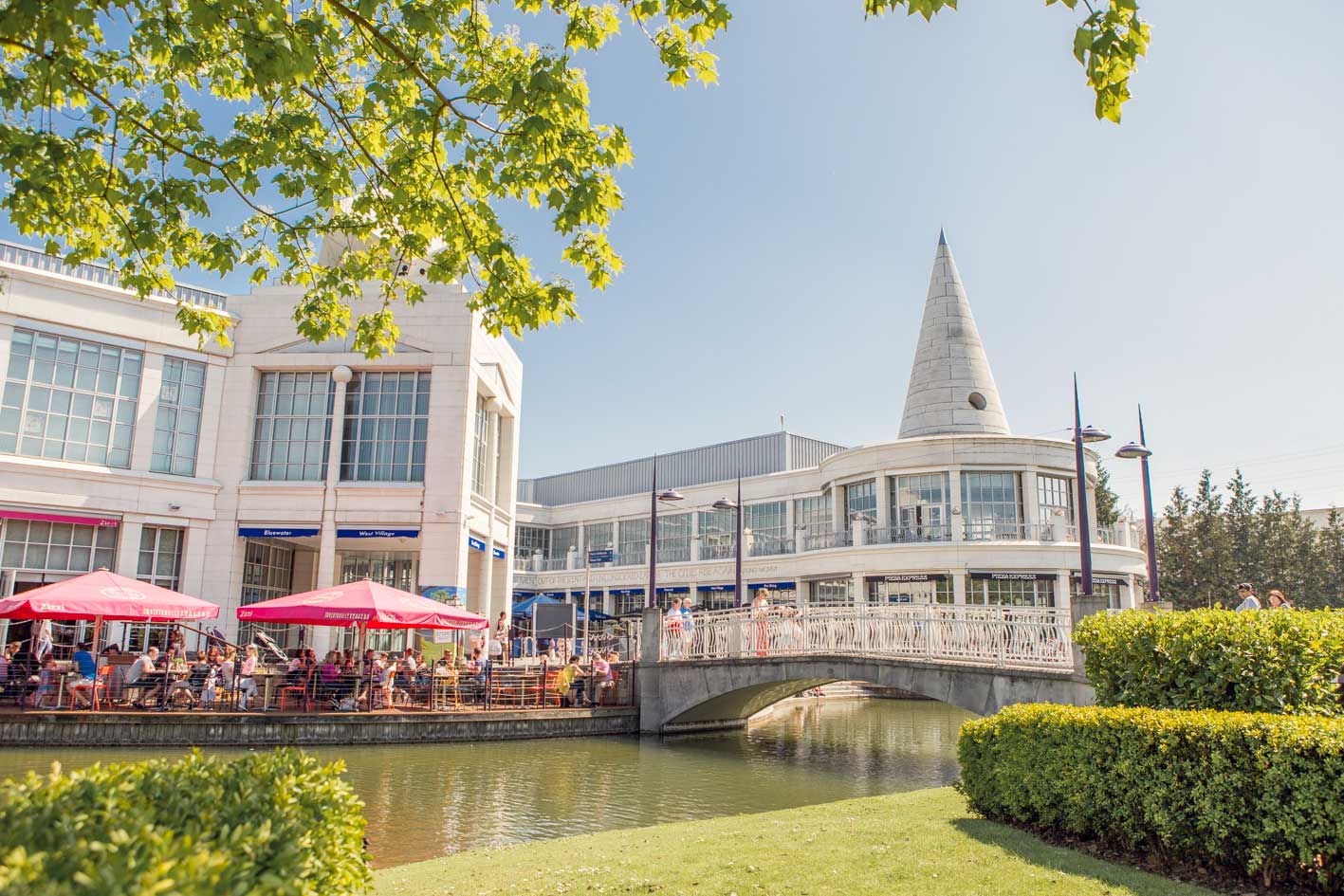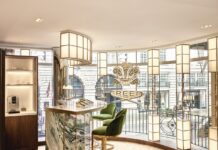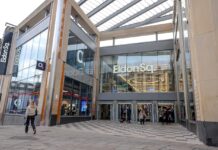Landsec’s latest study underscores the critical importance of incorporating nature and biodiversity into the planning of UK cities to ensure they remain attractive places for living, working, and retail. The research, which surveyed over 1,200 individuals across major UK cities including London, Birmingham, Manchester, Leeds, Glasgow, and Cardiff, indicates a strong desire for more natural elements within urban settings.
A significant 55% of respondents, both residents and workers in these cities, are considering relocating, with a notable 33% planning to do so within the next decade. The primary motivator for this shift is the pursuit of greater access to nature and green spaces, highlighting a growing expectation for cities to provide enhanced natural environments.
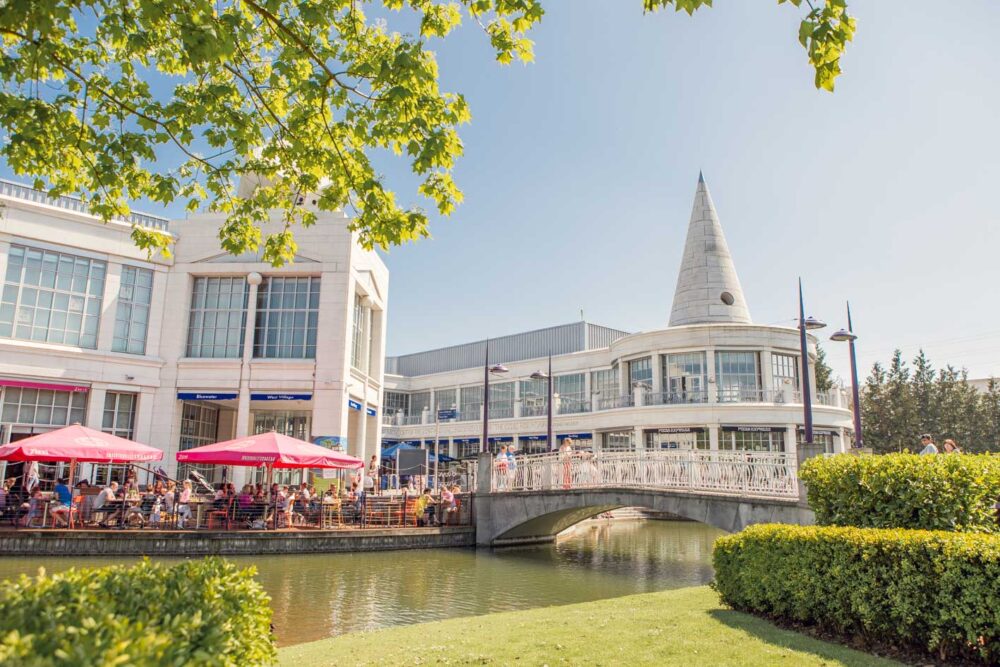
The demand for improved access to nature and green spaces (34%), fresher air (33%), and proximity to family and friends (24%) tops the list of reasons for leaving city life behind. This sentiment has been amplified post-Covid-19, with over half of those surveyed (53%) now expecting cities to address issues like air quality, affordable living, and increased natural spaces more aggressively.
Landsec’s research advocates for integrating nature at the core of urban development, particularly in retail sectors, to keep cities appealing for inhabitants, workers, and shoppers alike. The data reveals that a vast majority (94%) value access to nature, with 39% prioritising the inclusion of green spaces, and flora and fauna in new retail developments, second only to transport links (41%).
With 84% of participants believing their city needs to do more in preparing for climate change, and 87% recognising the importance of prioritising nature in new developments, the message is clear: cities need to align more closely with public priorities on nature to retain their populations and attract visitors.
Landsec has responded by launching a comprehensive nature strategy aimed at infusing urban and retail spaces with natural elements, guided by three core principles: enhancing biodiversity, promoting health and community engagement through green spaces, and creating nature-based solutions for climate resilience and net zero achievements.
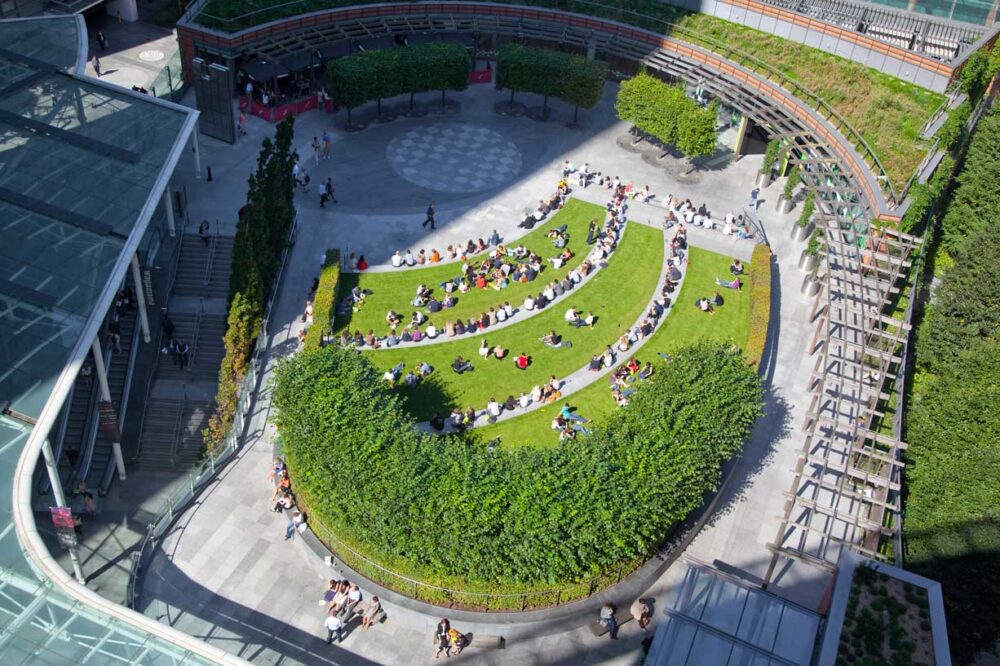
Jennie Colville, Head of Sustainability at Landsec, emphasises, “Nature is fundamental to developing resilient, equitable, and vibrant cities and retail destinations. It’s about more than just aesthetics; it’s about creating ecosystems that support health, well-being, and environmental sustainability. Our new nature strategy is a commitment to embedding these principles in our retail and urban projects, going beyond traditional development practices to embrace a future where people and nature thrive together.”
Landsec’s ambitious targets for Biodiversity Net Gain (BNG) in both existing assets and future developments signal a shift towards more nature-focused retail environments. The strategy includes enhancing biodiversity, with measures such as creating new wildlife habitats and leveraging the Urban Greening Factor to evaluate the ecological services provided by green spaces in retail developments.
The initiative also encompasses the development of 15 Core Nature Requirements (CNRs) and Nature Action Plans (NAPs) for operational assets, ensuring sustainability is woven into the fabric of Landsec’s retail projects from conception through to operation.
Landsec’s approach reflects a broader movement towards sustainable retail development, recognising the intrinsic value of nature in creating retail spaces that not only meet the needs of today’s consumers but also contribute positively to the urban landscape and the global environment.
